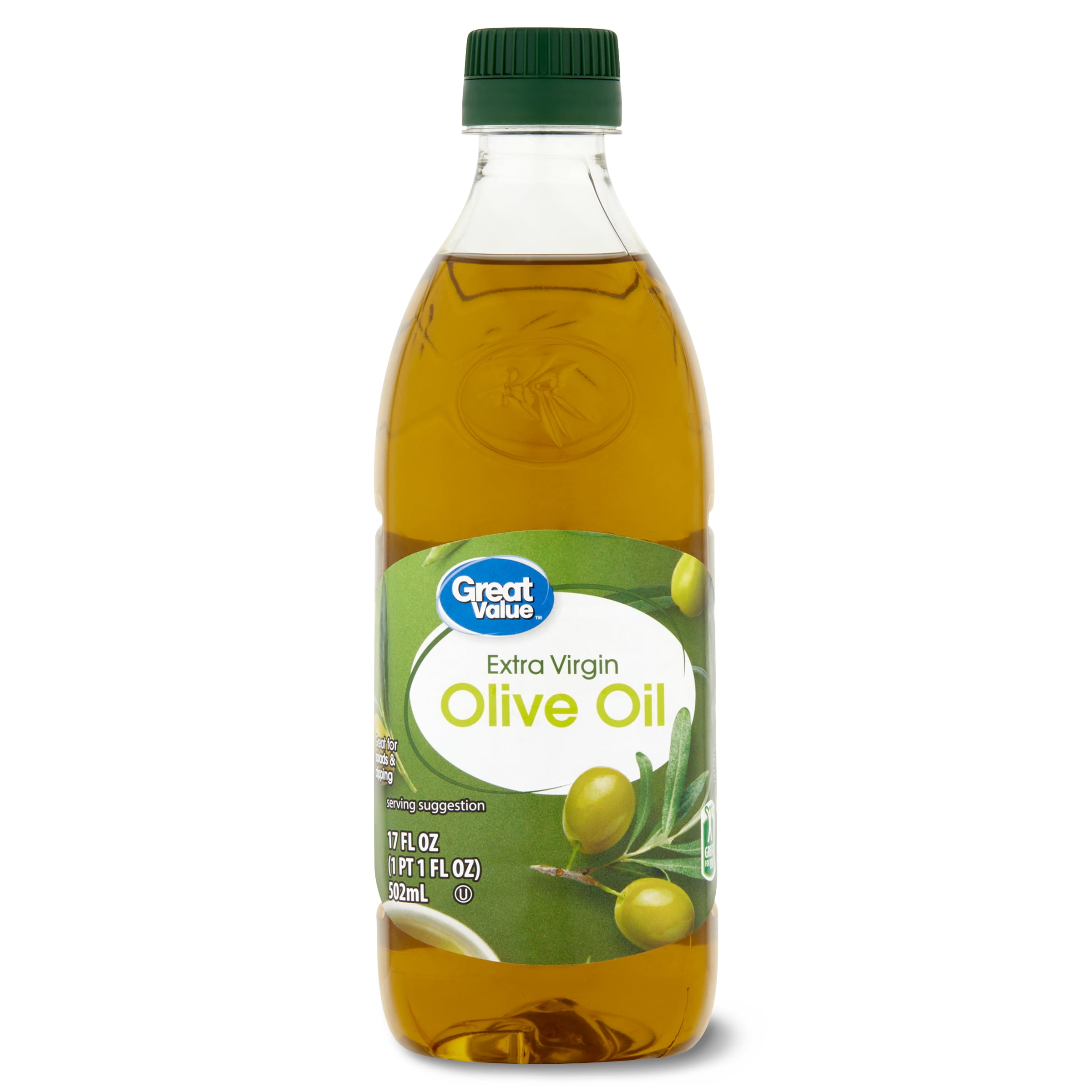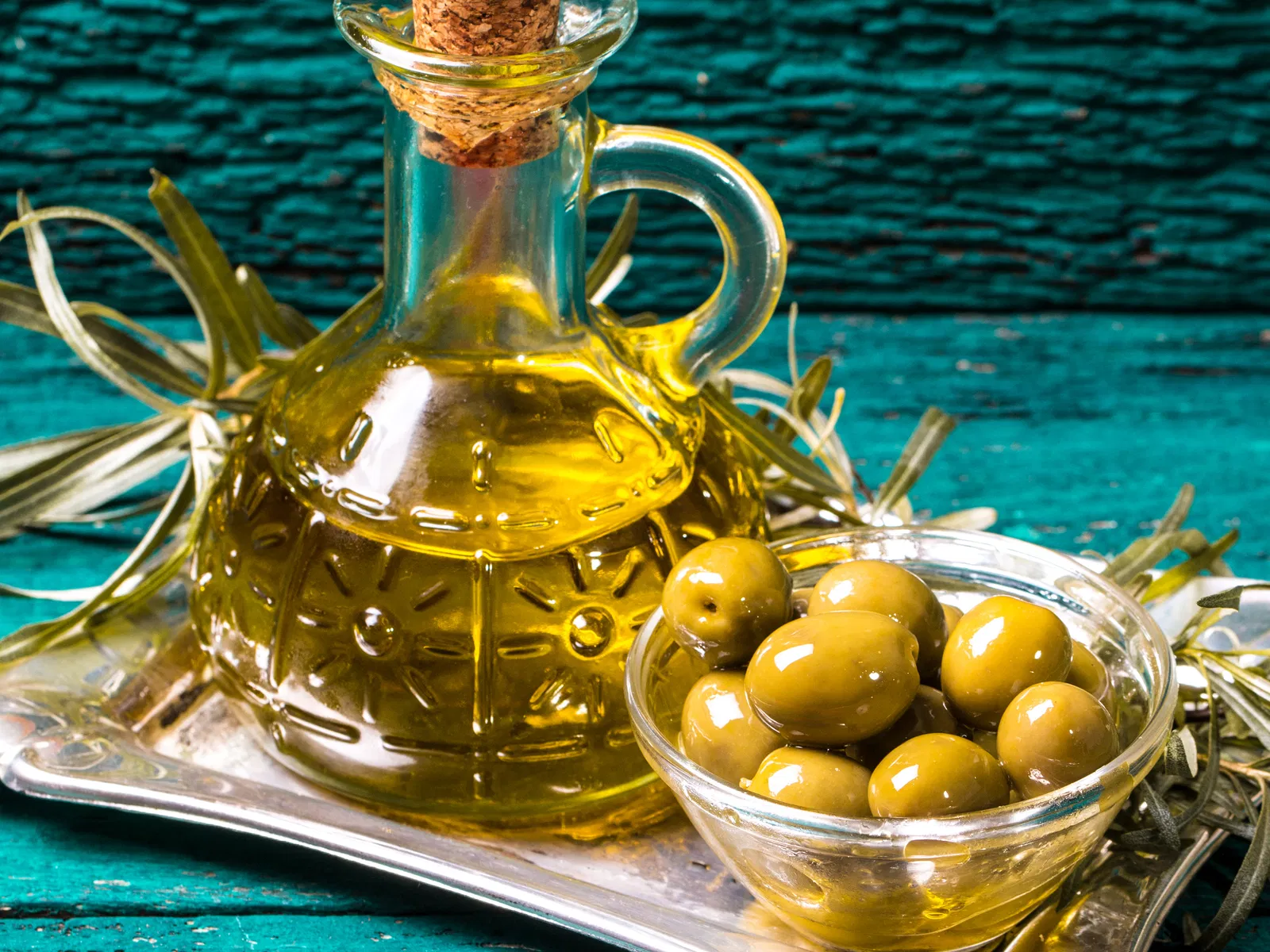Discovering the Different Sorts Of Olive Oil and Their Usages, Consisting Of Bonus Virgin Olive Oil
The expedition of olive oil includes a diverse array of kinds, each offering cooking applications and distinct flavors. Additional virgin olive oil, renowned for its superior quality and health and wellness advantages, offers as a staple in numerous kitchen areas, yet it is just one facet of this complex ingredient.
What Is Olive Oil?
Obtained from the fruit of the olive tree, olive oil is a staple in Mediterranean food and a vital component in different cooking applications. This versatile oil is created by pushing entire olives, resulting in a liquid that differs in flavor, scent, and shade relying on the type of olives used, the region of growing, and the extraction procedure. Olive oil is predominantly made up of monounsaturated fats, particularly oleic acid, which is understood for its potential health and wellness benefits, including anti-inflammatory residential properties and cardiovascular assistance.
In addition to its culinary uses, olive oil has a long history of application in traditional medication and skincare, owing to its rich antioxidant content (extra virgin olive oil benefits). The oil is frequently utilized in dressings, marinades, and for cooking methods such as sautéing and roasting. Its distinct flavor profile can enhance the preference of different meals, making it a necessary ingredient for both home cooks and professional cooks
In addition, olive oil is commemorated for its function in the Mediterranean diet, which is related to numerous health advantages. As understanding of these advantages grows, olive oil remains to get appeal worldwide as a basic part of a healthy lifestyle.
Kinds Of Olive Oil
Comprehending the different kinds of olive oil is necessary for both culinary fanatics and health-conscious consumers. Olive oil is identified mainly based upon its extraction method and top quality, which considerably impacts its flavor, wellness, and aroma benefits.

Light olive oil, in spite of its name, refers to a lighter taste and not reduced calories. It is suitable for those looking for a much more subtle preference in dressings and marinates. Additionally, there are flavorful olive oils infused with herbs, seasonings, or citrus, which can improve dishes without the demand for extra seasoning.
Each kind of olive oil offers certain culinary objectives, and comprehending these differences permits consumers to make informed selections that line up with their cooking styles and health and wellness goals.
Bonus Virgin Olive Oil
Extra virgin olive oil (EVOO) is extensively considered the best quality olive oil readily available, renowned for its rich taste and numerous health and wellness benefits. To be identified as additional virgin, the oil has to be created from fresh olives making use of mechanical processes, without using solvents or extreme warmth. This meticulous technique protects the oil's all-natural flavors, anti-oxidants, and healthy fats, leading to an item with a low level of acidity level of less than 0.8%.
EVOO is bountiful in monounsaturated fats, particularly oleic acid, which is connected to lowered swelling and improved heart wellness. It additionally includes polyphenols, effective anti-oxidants that may use safety impacts versus chronic diseases. The taste account of EVOO can differ considerably depending upon the olive range and area of manufacturing, ranging from grassy and fruity to durable and sharp.

Culinary Use Olive Oil

In cooking, olive oil can be used for sautéing, roasting, and grilling, giving a much healthier choice to butter or other fats. Its high smoke factor makes it appropriate for different cooking methods, while its antioxidants add to a heart-healthy diet plan. Drizzling olive oil over finished recipes, such as pasta, fish, or smoked veggies, can boost tastes and add a touch of beauty.
Moreover, olive oil plays a significant duty in cooking, where it can replace traditional fats in recipes for bread and breads, giving moisture and a refined preference. It likewise functions as a base for instilled oils, enabling chefs to trying out tastes such as garlic, herbs, or chili, better increasing its culinary possibility. Generally, olive oil's flexibility makes it essential in both home and specialist cooking areas.
Deciding On Quality Olive Oil
When picking high quality olive oil, it's necessary to take into consideration a number of key aspects that influence the product's flavor, wellness, and aroma benefits. Decide for extra virgin olive oil (EVOO), which is obtained from the initial cold pressing of olives and has the highest levels of anti-oxidants and beneficial compounds. Try to find oils that are certified by identified companies, as this frequently makes sure adherence to rigorous quality requirements.
The product packaging additionally plays a significant role in protecting the oil's honesty. Pick oils stored in dark glass bottles or tins to shield against light degradation. Focus on the harvest day; fresher oils use premium taste and nutritional value, so select products that are within 18 months of their harvest.
Additionally, think about the origin of the oil. Top notch olive oils usually originate from particular regions understood for their distinct flavor profiles, such click this site as Italian, Spanish, or Greek oils. Finally, recognize the taste; a great high quality olive oil should have a balance of fruity, bitter, and peppery notes, indicating its splendor and intricacy. By examining these aspects, you can ensure you are picking the most effective olive oil for your cooking demands.
Conclusion
In recap, the exploration of numerous types of olive oil discloses distinct attributes and applications, with extra virgin olive oil standing for the pinnacle of high quality due to its reduced acidity and high antioxidant web content. Understanding the various varieties of olive oil enables for notified selections in cooking approaches, promoting healthier techniques while enriching the general gastronomic experience.
Acquired from the fruit of the olive tree, olive oil is a staple in Mediterranean cuisine and an essential ingredient in different cooking applications.The most usual types of olive oil include improved olive oil, pure olive oil, and light olive oil.Bonus virgin olive oil (EVOO) is widely related to as the highest possible quality olive oil offered, popular for its abundant flavor and various health and wellness advantages. Opt for extra virgin olive look at here oil (EVOO), which is obtained from the initial cool pressing of olives and includes the greatest degrees of anti-oxidants and visit the site valuable compounds.In summary, the exploration of different types of olive oil reveals unique features and applications, with added virgin olive oil standing for the peak of quality due to its reduced level of acidity and high antioxidant material.